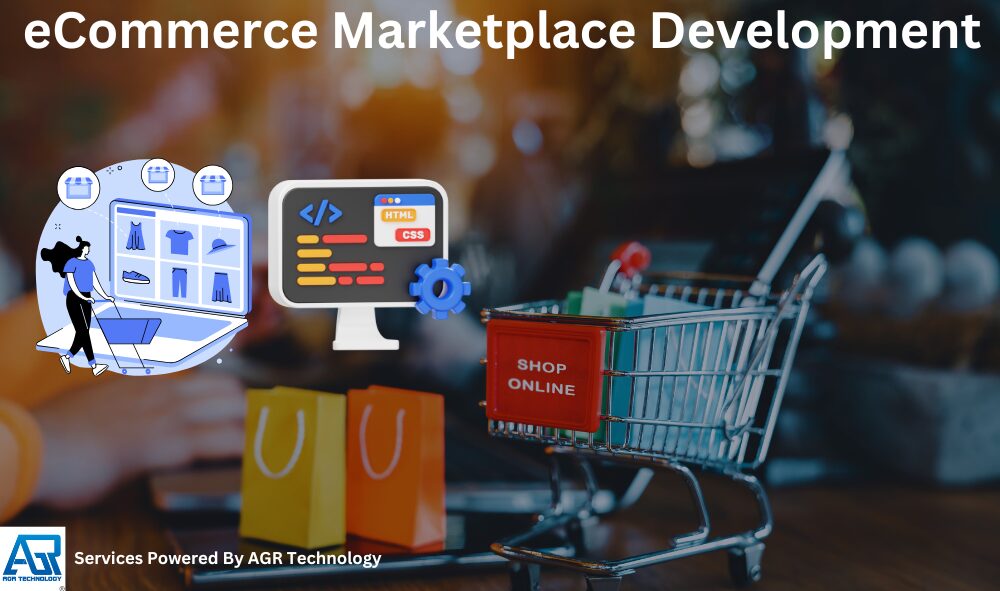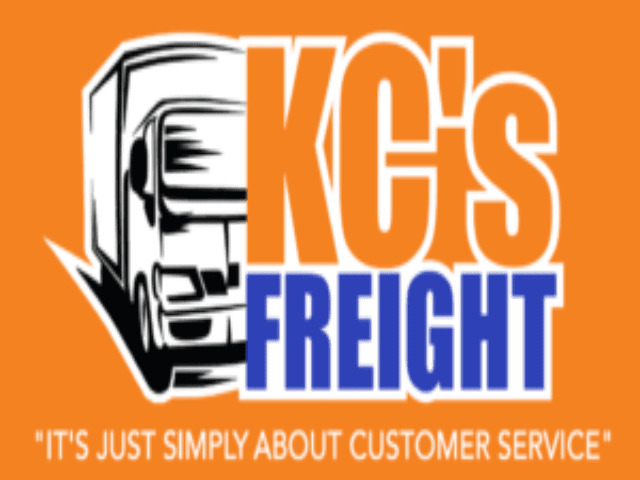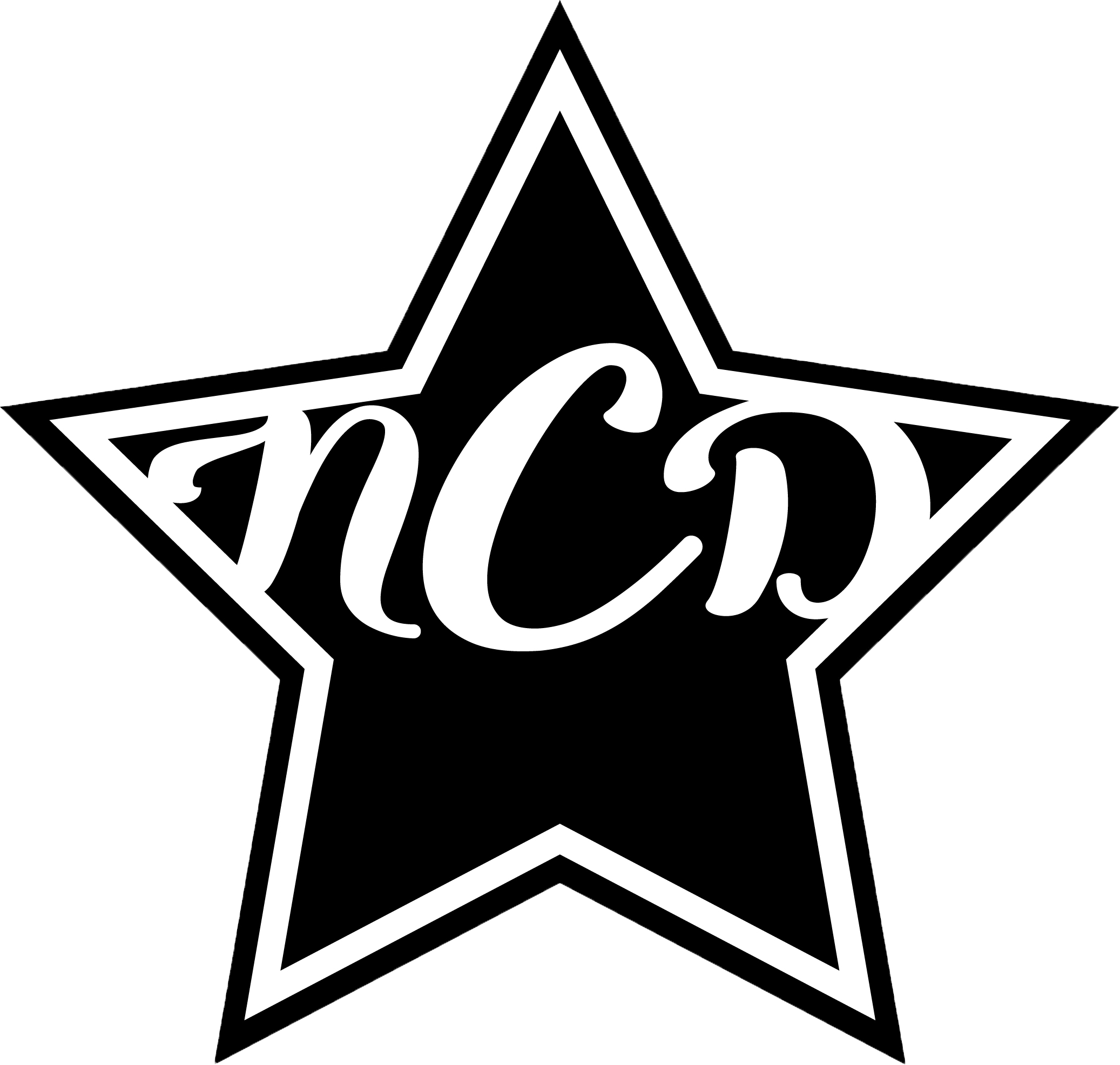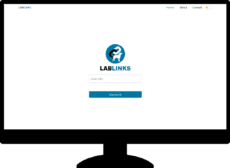
In today’s dynamic eCommerce landscape, multivendor marketplaces represent the future of online shopping. These platforms enable multiple vendors to sell their products through a single storefront, creating robust ecosystems that connect sellers with buyers while offering seamless transactions and enhanced shopping experiences.
We’ve witnessed firsthand how custom marketplace development can transform businesses across B2B, B2C, and P2P sectors. With the right implementation, these platforms don’t just facilitate buying and selling—they drive high conversion rates, foster customer loyalty, and optimize supply chain management within secure, scalable environments. From detailed product descriptions to user reviews and comparison features, modern marketplaces deliver comprehensive solutions that meet evolving consumer demands.
Get into contact with us
If your interested in working with us contact us below and our friendly team will be in contact to organize a customized proposal.
What our clients are saying
A snapshot of some of our work
Helping drive results for our clients of all sizes






Understanding Ecommerce Marketplace Development

Ecommerce marketplace development services create digital platforms that connect multiple vendors with buyers in a single ecosystem. These sophisticated platforms facilitate seamless transactions, enhance shopping experiences, and drive business growth through scalable, secure solutions tailored to specific business requirements.
What Is a Multi-Vendor Marketplace
A multi-vendor marketplace is an eCommerce platform where numerous independent sellers can establish online stores and offer their products through a unified system. This model provides a comprehensive framework for efficient commerce that includes product management tools, automatic commission calculations, and direct communication channels. Multi-vendor marketplaces simplify the shopping experience with features like detailed product descriptions, user reviews, and comparison tools that help buyers make informed purchasing decisions.
Modern multi-vendor marketplaces incorporate advanced technologies including:
- Powerful database solutions for managing large transaction volumes
- Payment gateway integrations for secure financial processing
- API connections for third-party service integrations
- Search functionality using technologies like Algolia and Elasticsearch
- Mobile applications with intuitive interfaces for enhanced user engagement
Different Types of Marketplace Models
Marketplace models vary based on the participants and transaction types they support:
- B2B (Business-to-Business): Creates digital ecosystems connecting businesses with suppliers, offering tools for bulk orders, corporate account management, and specialized pricing structures.
- B2C (Business-to-Consumer): Enables businesses to sell directly to consumers with features focused on retail experiences, personalization, and consumer-friendly interfaces.
- P2P (Peer-to-Peer): Facilitates transactions between individuals, emphasizing user verification, simplified listing processes, and community-building features.
- C2B (Consumer-to-Business): Allows individuals to offer products or services to businesses, often incorporating bidding systems and service-focused features.
Each model requires specific development considerations, from payment processing mechanisms to user interface design tailored to the particular transaction dynamics and user expectations.
Essential Features of a Successful Marketplace
A successful ecommerce marketplace needs specific features for each user type – admin, vendors, and customers. These features create a seamless experience that encourages participation, drives sales, and supports business growth.
Admin Features
Admin features form the backbone of marketplace management, providing tools for effective platform oversight. These essential components include:
- Dashboard analytics that display real-time metrics on sales, user activity, and revenue streams
- Vendor management systems for approving new sellers, monitoring performance, and resolving disputes
- Commission structure controls to set and adjust fee models across different product categories
- Content moderation tools to maintain quality standards and brand consistency
- Payment gateway integration to process transactions securely and distribute earnings accurately
- Marketing management for creating promotional campaigns, discount codes, and special offers
- Customer support systems that track and resolve user issues efficiently
Vendor Features
Vendor features empower sellers to maximize their sales potential and streamline operations on the marketplace. Key vendor tools include:
- Inventory management systems that track product stock, manage orders, and monitor purchase histories
- Pricing control options allowing full management of promotional activities, discounts, and pricing models
- Tax management modules that handle calculations automatically, simplifying compliance requirements
- Order and return management interfaces for processing transactions, tracking shipments, and handling refunds
- Performance dashboards providing insights into sales metrics, traffic sources, and conversion rates
- Customizable storefronts that enable personalization with different appearances, languages, and currencies
- Multi-user access allowing vendor teams to collaborate efficiently through role-based permissions
Customer Features
- User-friendly profiles for managing personal information and tracking order history
- Advanced search and filtering options to find products quickly based on specific criteria
- Favorites and wishlists for saving items of interest for future consideration
- Ratings and reviews systems allowing customers to share feedback and build community trust
- Intuitive shopping cart with secure checkout and multiple payment options
- Order management tools for tracking purchases, delivery status, and managing returns
- Mobile responsiveness ensuring consistent experience across all devices and screen sizes
- Personalized recommendations based on browsing history and previous purchases
The Marketplace Development Process
The marketplace development process transforms your business idea into a fully functional multi-vendor platform. Our structured approach ensures a seamless transition from concept to launch, with each phase building upon the previous to create a robust marketplace solution.
Architecture Design
Architecture design forms the foundation of successful marketplace development. We develop scalable and secure infrastructure that supports your platform’s unique requirements through:
- Technical blueprint creation that maps out system components, data flows, and integration points
- Database architecture optimization for handling multiple vendors and large product catalogs efficiently
- API integration planning for payment gateways, shipping providers, and third-party services
- Security framework implementation with data encryption, secure authentication, and fraud protection measures
- Scalability planning to accommodate future growth without requiring complete redesigns
MVP Development
MVP development focuses on building a functional marketplace with core features to test market viability. We create a streamlined version of your platform that:
- Prioritizes essential functions including user registration, product listings, search capabilities, and payment processing
- Implements vendor onboarding tools that simplify the seller registration and approval process
- Establishes basic admin controls for marketplace management and moderation
- Integrates fundamental payment solutions that handle transactions securely
- Creates the groundwork for future feature expansion based on user feedback and market response
UI/UX Design
UI/UX design elevates your marketplace through intuitive interfaces that encourage engagement and conversions. Our design process includes:
- User journey mapping to create logical pathways through the marketplace for vendors and customers
- Responsive layouts that function seamlessly across desktop, tablet, and mobile devices
- Brand identity integration throughout the interface for consistent visual communication
- Accessibility optimization to ensure all users can navigate and interact with your platform
- Conversion-focused elements strategically placed to guide users toward completing transactions
Testing and Deployment
- Functional testing of all marketplace features from vendor, customer, and admin perspectives
- Performance evaluation under various load conditions to identify and address bottlenecks
- Security audits that uncover and remediate potential vulnerabilities before launch
- Cross-browser compatibility checks across major web browsers and devices
- Staged deployment with continuous monitoring to catch and resolve any unexpected issues
Technology Stack for Marketplace Development
The technology stack forms the foundation of any successful marketplace platform. Our development approach incorporates cutting-edge technologies across front-end, back-end, and payment systems to create robust, scalable, and secure marketplace solutions.
Front-End Technologies
Front-end technologies create the interface users interact with directly. Our marketplace development leverages modern frameworks and languages to build responsive, intuitive interfaces:
- JavaScript/TypeScript – Powers interactive elements and complex functionalities
- React.js – Creates component-based UI with efficient rendering and state management
- Redux – Manages application state for complex user interactions
- Next.js – Enables server-side rendering for improved performance and SEO
- Vue.js – Offers an alternative lightweight framework for responsive interfaces
- HTML5/CSS3 – Provides structure and styling for marketplace platforms
- Gatsby – Generates static sites with exceptional loading speeds
These technologies ensure your marketplace delivers a seamless shopping experience across all devices with fast loading times and intuitive navigation.
Back-End Technologies
Back-end systems handle the server-side logic, database management, and API integrations crucial for marketplace functionality:
- Ruby on Rails – Offers rapid development with convention over configuration
- Node.js – Provides JavaScript runtime for scalable server applications
- NestJS – Creates structured, maintainable server-side applications
- Strapi – Integrates headless CMS capabilities for content management
- PostgreSQL/MySQL – Secures relational databases for transaction data
- MongoDB – Stores non-relational data with flexible schemas
- Redis – Caches frequently accessed data for improved performance
- ElasticSearch – Powers advanced search functionality with filtering options
- Docker – Containerizes applications for consistent deployment
- Terraform – Manages infrastructure as code for scaling
Our infrastructure implementations include AWS, Digital Ocean, Heroku, and Linode, providing flexible hosting options based on your specific requirements.
Payment Gateway Integration
Secure, reliable payment processing forms the backbone of any successful marketplace. Our development expertise includes integrating multiple payment solutions:
- Stripe API – Processes payments with extensive customization options
- PayPal API – Offers trusted payment processing with global recognition
- Multi-currency support – Facilitates international transactions including Cryptocurrencies
- Secure payment processing – Implements encryption and SSL certificates
- Automated settlement systems – Ensures vendors receive payments promptly
- Escrow capabilities – Protects buyers and sellers during transactions
These integrations support various transaction models including split payments, subscription billing, and marketplace commission structures. Each implementation adheres to industry compliance standards, protecting sensitive payment data and building customer trust.
We can also build custom integrations depending on the project to ensure the best technologies are selected for your specific project.
Custom vs Platform-Based Marketplace Solutions
Custom marketplace development offers tailored solutions designed specifically for your business needs, while platform-based options provide ready-to-use frameworks. Both approaches have distinct advantages and considerations that impact your eCommerce marketplace success. Understanding these differences helps you make the right choice for your business requirements.
Benefits of Custom Development
Custom marketplace development creates platforms precisely aligned with your business vision and goals. A custom-built marketplace offers:
- Complete flexibility to implement unique features and workflows that differentiate your marketplace from competitors
- Seamless integration with existing systems, databases, and third-party services
- Scalable architecture that grows alongside your business without performance limitations
- Enhanced security through tailored protocols and compliance measures specific to your industry
- Brand differentiation with unique user experiences and interfaces that reflect your brand identity
- Ownership of code giving you full control over your platform’s future development
Custom development works particularly well for businesses with complex requirements, unique processes, or specific industry regulations. While requiring higher initial investment, custom solutions provide long-term value through reduced ongoing costs, increased flexibility, and competitive advantage.
Platform-Based Options
Platform-based marketplace solutions offer pre-built frameworks that accelerate your time to market. These options include:
- SaaS marketplace platforms like Shopify Plus, BigCommerce, and Magento Commerce providing ready-to-use infrastructure
- Open-source solutions such as WooCommerce and PrestaShop offering customizable foundations
- Marketplace plugins that extend existing eCommerce platforms with multi-vendor capabilities
- White-label solutions providing branded marketplaces built on established technology
Platform-based solutions deliver several advantages:
- Faster launch timeline with pre-built components and established workflows
- Lower initial investment compared to custom development
- Predictable ongoing costs through subscription models
- Regular updates and maintenance handled by the platform provider
- Established user interfaces that follow proven design patterns
- Community support and documentation for common issues
These solutions work best for businesses with standard marketplace requirements, limited technical resources, or tight launch timelines. The trade-off comes in reduced flexibility, potential scalability challenges, and subscription fees that increase as your marketplace grows.
Key Industries Benefiting from Marketplace Development

Marketplace platforms have transformed the way businesses operate across numerous sectors. Here are the key industries experiencing significant benefits from implementing custom marketplace solutions:
Retail and E-commerce
Retail marketplaces connect manufacturers, wholesalers, and consumers in a seamless digital environment. These platforms feature sophisticated product categorization, advanced search capabilities, and personalized recommendations that enhance the shopping experience. Leading examples like Amazon and Etsy demonstrate how multi-vendor marketplaces can accommodate thousands of sellers while providing customers with unparalleled product diversity.
Healthcare and Medical Supplies
Healthcare marketplaces streamline the procurement process for medical facilities by connecting them directly with suppliers and manufacturers. These platforms feature inventory tracking systems, regulatory compliance tools, and secure transaction processing for sensitive medical products. Digital healthcare marketplaces also facilitate telehealth services, connecting patients with specialists for virtual consultations and follow-ups.
Real Estate and Property Management
Real estate marketplaces bring property listings, virtual tours, and transaction management into a consolidated platform. These solutions include features like neighborhood analytics, mortgage calculators, and appointment scheduling tools that simplify the property buying process. Platforms such as Zillow and Airbnb demonstrate how marketplaces can transform property transactions and short-term rentals with user-friendly interfaces and trust-building verification systems.
Food Delivery and Restaurant Services
Food delivery marketplaces connect restaurants, delivery personnel, and hungry customers through intuitive mobile applications. These platforms integrate real-time order tracking, customizable menu management, and automated dispatch systems for efficient delivery coordination. Restaurant marketplaces have revolutionized the dining industry with features like contactless ordering, loyalty programs, and customer feedback loops.
Education and E-Learning
Educational marketplaces connect students with tutors, courses, and learning materials in an accessible digital environment. These platforms incorporate video conferencing, scheduling tools, and payment processing systems for seamless educational experiences. Specialized features like progress tracking, certification management, and interactive learning modules enhance student engagement and outcomes.
Transportation and Logistics
Transportation marketplaces optimize connections between carriers, shippers, and customers in the logistics ecosystem. These solutions include load matching algorithms, route optimization tools, and real-time tracking systems that increase operational efficiency. Features like automated documentation, customs clearance assistance, and carbon footprint calculators add value for businesses seeking comprehensive logistics solutions.
Challenges in Marketplace Development and How to Overcome Them
Building a multivendor ecommerce marketplace presents unique challenges that require strategic solutions at AGR Technology we are able to help you prepare for and navigate the following:
Vendor Management Complexities
Vendor management involves attracting new sellers, streamlining onboarding, providing support, and implementing commission structures. Our comprehensive approach simplifies these processes, ensuring seamless experiences for all parties. We create intuitive vendor dashboards that automate onboarding workflows, commission calculations, and support ticket systems, reducing administrative burden while maximizing vendor satisfaction.
Third-Party Integration Difficulties
Integrating payment gateways, shipping solutions, and other third-party services is essential for marketplace functionality but often challenging. Our development team overcomes these hurdles by implementing standardized APIs that facilitate seamless connections between your platform and critical services. We ensure all integrations maintain security compliance while providing the flexibility needed for future expansion.
Security and Privacy Concerns
Protecting your marketplace and users’ confidential information from cyber attacks requires robust security measures. We implement industry-leading encryption protocols, regular security audits, and compliance frameworks that safeguard sensitive data. Our development process prioritizes privacy by design, incorporating security considerations from the initial architecture planning through deployment and beyond.
Cost and Time Investment Considerations
Custom marketplace development requires significant upfront investment and time commitment. We help you maximize your budget by:
- Providing access to qualified experts proficient in cutting-edge eCommerce technologies
- Building purpose-built solutions aligned with your specific business goals
- Creating flexible architecture that integrates with current systems and accommodates future growth
- Ensuring compliance with industry standards and security requirements
- Implementing scalable frameworks that respond to evolving needs
Our end-to-end approach includes dedicated support throughout the development process and post-launch phases, ensuring your marketplace thrives long-term.
Conclusion
Building a successful eCommerce marketplace requires strategic planning tailored to your business model whether B2B B2C P2P or C2B. The right technology stack and development approach can transform your vision into a competitive digital platform that connects vendors with eager customers.
As marketplace trends evolve toward AI integration mobile-first experiences and blockchain technology we’re ready to help you navigate these innovations. Our team at AGR Technology provides end-to-end marketplace development services that address common challenges while positioning your business for long-term growth in the dynamic eCommerce landscape.
Get in contact with our team to discuss your project
Frequently Asked Questions
What is a multivendor marketplace?
A multivendor marketplace is an eCommerce platform where multiple independent sellers can establish online stores and sell products through a single website. It connects vendors with consumers, facilitating transactions while providing tools for product management, commission calculations, and direct communication between parties. Popular examples include Amazon, Etsy, and eBay.
What are the essential features of a successful marketplace?
A successful marketplace needs features for three user types: admins (dashboard analytics, vendor management, payment gateway integration), vendors (inventory management, pricing control, customizable storefronts), and customers (user-friendly profiles, advanced search options, personalized recommendations). These features create a seamless experience that encourages participation and drives sales.
What marketplace models are available for businesses?
There are four primary marketplace models: B2B (business-to-business), B2C (business-to-consumer), P2P (peer-to-peer), and C2B (consumer-to-business). Each model requires specific development considerations tailored to its unique transaction dynamics and user expectations. The right model depends on your business goals and target audience.
What technologies are used in marketplace development?
Marketplace development uses front-end technologies like JavaScript, React.js, and HTML5/CSS3 for user interfaces, and back-end technologies like Ruby on Rails, Node.js, and PostgreSQL for server-side logic and database operations. Payment gateways such as Stripe and PayPal are integrated with PCI DSS compliance to ensure secure transactions.
What are the benefits of custom marketplace development?
Custom marketplace development offers tailored solutions that align with specific business needs, providing flexibility, seamless integration, scalability, enhanced security, and brand differentiation. While requiring higher initial investment than platform-based options, custom solutions deliver long-term value and competitive advantages in the market.
Which industries benefit most from marketplace development?
Key industries benefiting from marketplace development include retail and e-commerce, healthcare, real estate, food delivery, education, and transportation. Each sector utilizes custom marketplace solutions to enhance operations, improve user experiences, and drive growth by connecting buyers and sellers on a single platform.
What challenges might I face in marketplace development?
Common challenges include vendor management complexities, third-party integration difficulties, and security/privacy concerns. Additional challenges involve significant upfront investment, time commitment, and ensuring compliance with industry standards. Working with an experienced development partner can help navigate these obstacles effectively.
How long does it take to develop a marketplace platform?
The timeline for marketplace development varies based on complexity but typically requires 4-9 months from concept to launch. This includes architecture design (4-6 weeks), MVP development (8-12 weeks), UI/UX design (4-6 weeks), and testing/deployment (4-6 weeks). More complex platforms with extensive features may require additional time.
What future trends are shaping marketplace development?
Key trends include generative AI integration for personalized experiences, mobile-first development, blockchain technology for enhanced security, advanced data analytics for customization, and sustainable/ethical marketplace features. Staying ahead of these trends ensures your marketplace remains competitive and aligned with evolving consumer expectations.
![logo-new-23[1] logo-new-23[1]](https://cdn-ihdfn.nitrocdn.com/eZVJvoSTyVixkEUySRKiaseNtUlmgCyu/assets/images/optimized/rev-b7ced37/agrtech.com.au/wp-content/uploads/elementor/thumbs/logo-new-231-qad2sqbr9f0wlvza81xod18hkirbk9apc0elfhpco4.png)











